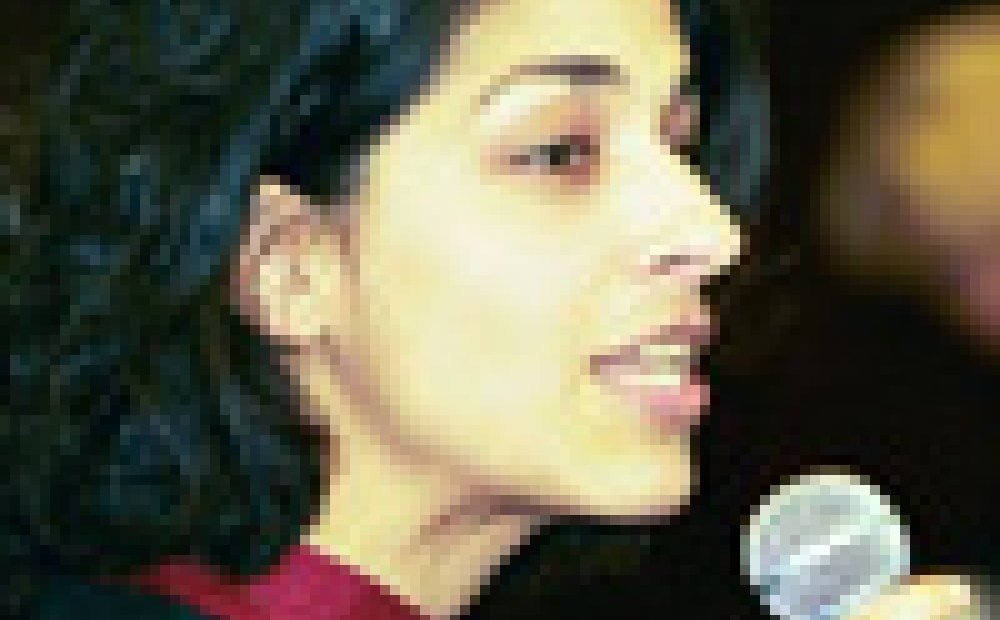On the Ground in Afghanistan: Post-Conflict Reconstruction and Civil Society Participation

While many in the West would prefer the Afghan women to throw off their burquas in a show of liberation, progress in Afghanistan should be defined less by the veil and more by the efforts of the Afghan government and women to create a stable and equitable Afghanistan, said Rina Amiri, Political Affairs Officer for the United Nations Assistance Mission in Afghanistan, during a Wilson Center meeting co-sponsored by the Conflict Prevention and Middle East Projects and Women Waging Peace. “To be honest, this is one of the least important issues,” she said. “It is a reflection that the country is still conservative, in many places women are still afraid of human rights violations, and in the rural areas, many women can afford to wear only rags under the burqua.”
After more than two decades of war, President Karzai's efforts to bring peace to Afghanistan, rebuild the country, enable the return of more than two million Afghan refugees and provide schooling for more than three million children, have shown much progress during the past year. Girls are once again in school and Afghans are beginning to experience the security that allows for a normal life. Amiri, who concentrates on women’s political participation for the UN’s political work Afghanistan, spoke to about 30 people about women’s programs in Afghanistan and the opportunities and challenges they face.
The U.S.-Afghan Women's Council created in January 2002 to promote private/public partnerships between U.S. and Afghan institutions recently received $2.5 million through the U.S. Agency for International Development to support the creation of Women Resource Centers in 14 provinces and $1 million to support educational programs. The Women’s Centers will enable women leaders in Afghanistan to press forward with a wide agenda of basic rights - political, economic, education, and health care, that are especially lacking in the rural areas, Amiri said. She highlighted the political gains of Afghan women, noting that women comprised 11 percent of the Loya Jirga and are included in all of the Commissions. Working closely with Dr. Sima Samar, Afghanistan's Minister for Women's Affairs (MOWA), the United Nations Assistance Mission in Afghanistan (UNAMA) hosted several workshops in October and November 2002 to enhance women's political participation, capacity building and public education in the regions. Drafting a constitution that specifically addresses gender equality is critical to the future role of women in Afghanistan, Amiri said. Charged with redrafting the 1964 constitution, currently two of the Constitutional Commission’s nine members are women. Her work on human rights investigations highlights that women still remain second-class citizens in many rural parts of the country, where most people live and progress remains slow. "Every step that we take, we take two steps backwards in women's rights,” said, "There is a strong tide of conservatism that is pushing back the process of promoting women's rights.” Still the international community and the people of Afghanistan must continue to address the needs of women and empower their rights as equal citizens, she urged.
By Anita Sharma, Conflict Prevention Project, 691-4083
Hosted By

Middle East Program
The Wilson Center’s Middle East Program serves as a crucial resource for the policymaking community and beyond, providing analyses and research that helps inform US foreign policymaking, stimulates public debate, and expands knowledge about issues in the wider Middle East and North Africa (MENA) region. Read more
